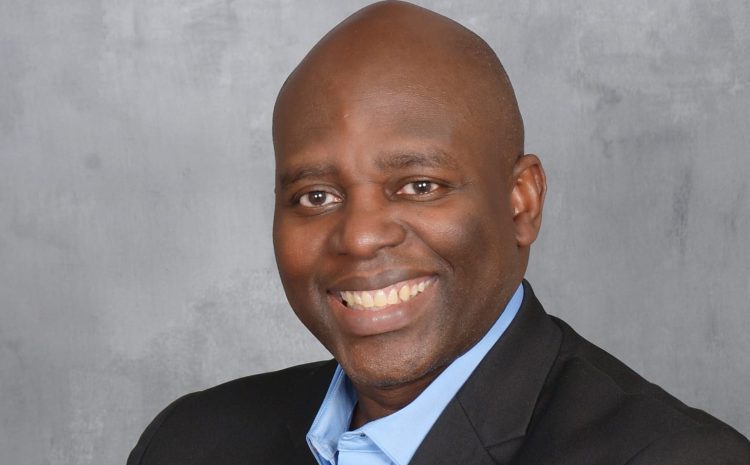
A democracy fellow at the Ghana Centre for Democratic Development (CDD-Ghana), Dr John Osae-Kwapong, has expressed his support for government plans to introduce a comprehensive set of rules to govern the process for removing justices of Ghana’s superior courts, including the Chief Justice.
Such reforms, he said, would also make the process not vulnerable to partisan politics.
He was speaking in an interview to the Daily Graphic in response to a statement attributed to the Majority Leader, Mahama Ayariga, that there were plans to introduce a legislative framework that would clearly define the grounds for removing Supreme Court judges, especially around the terms “incompetence” and “stated misbehavior”, which have long lacked legal clarity.
Context
While speaking to journalists last Wednesday, Mr Ayariga indicated that the new framework is aimed at addressing ambiguities in the current judicial disciplinary process and strengthening transparency and accountability in the judiciary.
“Lawyers and jurists have had their bite. I, as a lawyer, have also looked at it, and there are just two key words there: stated misbehaviour and incompetence,” he noted.
Mr. Ayariga said he had tried to find the exact meanings for the terms “stated misbehaviour and incompetence” in the Constitution, but found none.
He highlighted how the Constitution currently left it to a five-member committee to make such determinations without a clear legal basis.
“The Constitution simply says that the five people should decide on what it is, and if they are satisfied that a particular conduct amounts to stated misbehavior and a particular level of performance of one’s task can be described as incompetence,” he said.
Dr. Osae-Kwapong, who is also the Project Director, Democracy Project, said if a president was allowed to play a gatekeeper role, he or she might be reluctant to trigger 146(6) against a person they appointed, but eager when the opposite was true.
“It is exactly why the role of a president, in my view, needs clarification,” he stated.
He said Article 146(8), which prescribes how proceedings unfold once 146(6) is triggered, created a highly secretive process.
Correction
Dr Osae-Kwapong said the core reform needed to correct the defect was more transparency.
“It may require providing the public with an abridged version of the petition, even if a petitioner’s identity must be kept secret. In addition, the response of a Chief Justice must be made a part of the public record,” he said.
He pointed out that the gravity of removing a Chief Justice from office was such that it must be done in a way that builds confidence in institutions.
Source: graphic.com.gh
